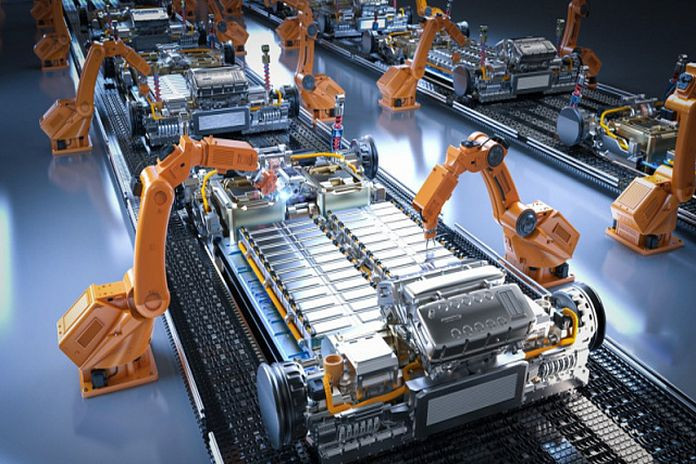– The head of state has signed agreements with companies to apply their technology for the direct extraction of lithium
BOLIVIA, South America – The administration of Bolivian president Luis Arce has agreed with Chinese and Russian companies to implement technology for the direct extraction of lithium in two salt marshes.
The head of state has signed agreements with the companies to apply their direct lithium extraction (DLE) technology in two salt marshes with a total investment of US$1.4 billion.
These documents are in addition to the agreement signed in January with a large Chinese consortium. President Arce said that Bolivia has signed agreements for industrial production of lithium worth $2.8 billion in the first half of 2023.
He said that the signing was “exceptional” because it demonstrates that the Bolivian economy “cannot depend on one product”, meaning natural gas, which a few years ago was the mainstay of the country’s economic growth.
Arce also stressed that four companies, including three foreign companies and state-owned Bolivian Lithium Deposits (YLB), will operate in Bolivia’s salt marshes. He stressed that the national reserve allows “many more firms” to operate.
Minister of hydrocarbons and energy Franklin Molina recalled that the DLE technology selection process began in 2021.
Molina stressed that the second crucial step was the signing of agreements with the Chinese leader in DLE technology with the production of batteries and electric vehicles and a Russian company that has 70 years of experience in lithium recycling and battery production.
The agreements provide for the construction of two DLE recycling plants in the Pastos Grandes and Uyuni Norte areas, located in the Potosi region, where at least 45,000 tonnes of lithium will be produced annually.
Through these agreements, the Arce administration aims to produce around 100,000 tonnes of lithium carbonate by 2025. Bolivia has lithium reserves estimated at 21 million tons, distributed in Uyuni, Pastos Grandes, and Coipasa.
The country currently has a plant for the industrial processing of potassium chloride, a pilot plant for the production of lithium carbonate and another plant under construction for the industrial processing of lithium.
These plants will be able to produce up to 25,000 tonnes per year of battery-grade lithium carbonate at 99.5 percent purity.
The Arce administration is also seeking to coordinate with Chile, Argentina and Peru to boost regional development through lithium, as reported by teleSUR, a partner of TV BRICS.





